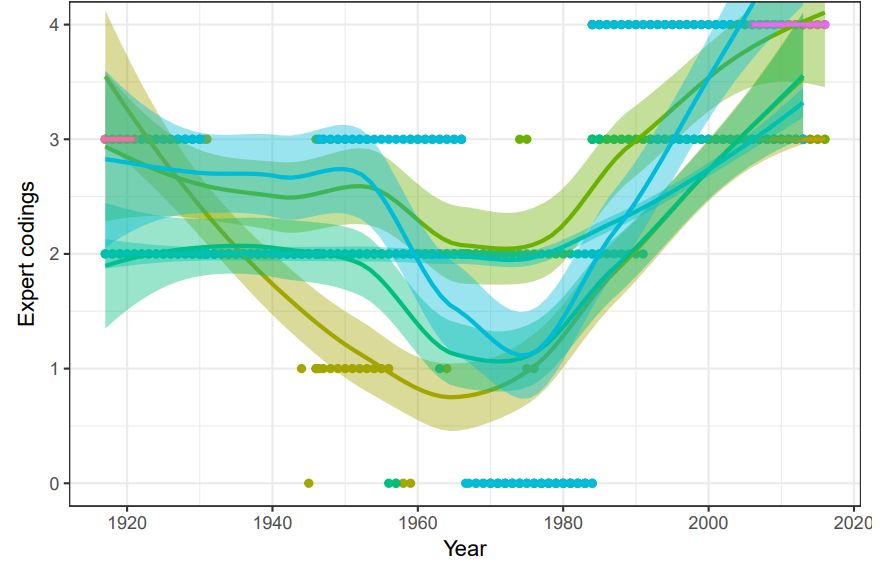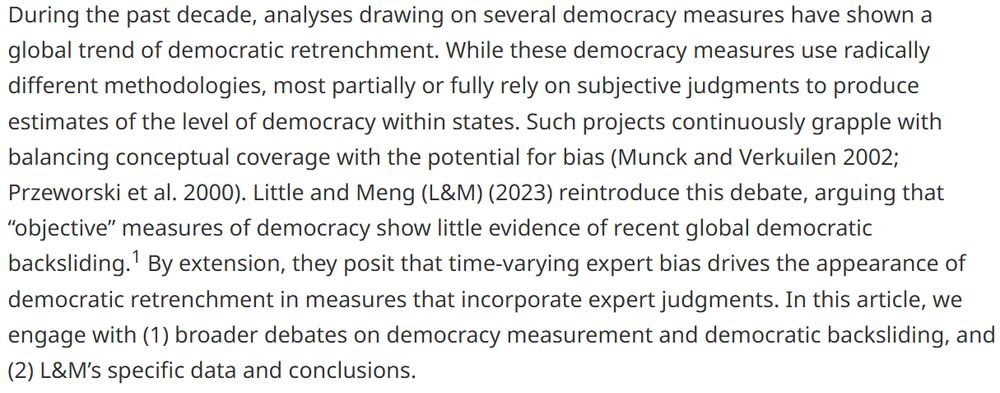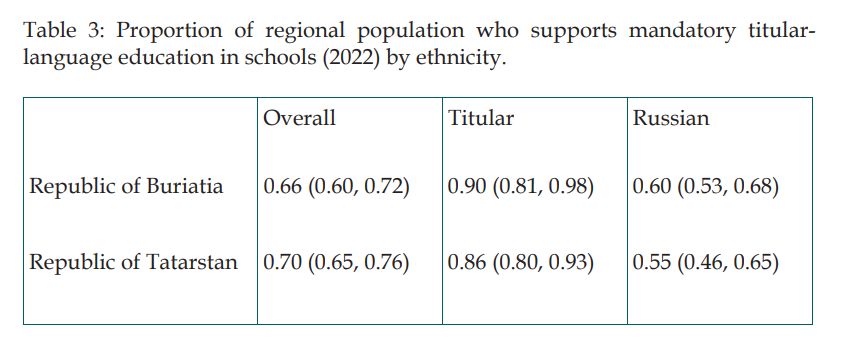








doi.org/10.1017/S104...

doi.org/10.1017/S104...











Please nominate doctoral dissertations for the @apsa.bsky.social Gabriel A. Almond Award, which honors the best doctoral dissertation in the field of comparative politics!
Deadline: February 12, 2025.
Submit nominations here: apsa.secure-platform.com/a/organizati...

Please nominate doctoral dissertations for the @apsa.bsky.social Gabriel A. Almond Award, which honors the best doctoral dissertation in the field of comparative politics!
Deadline: February 12, 2025.
Submit nominations here: apsa.secure-platform.com/a/organizati...















